BiteBase – Case Study
A Python-based Django Recipe Management Web Application
Developer: Evan Danowitz
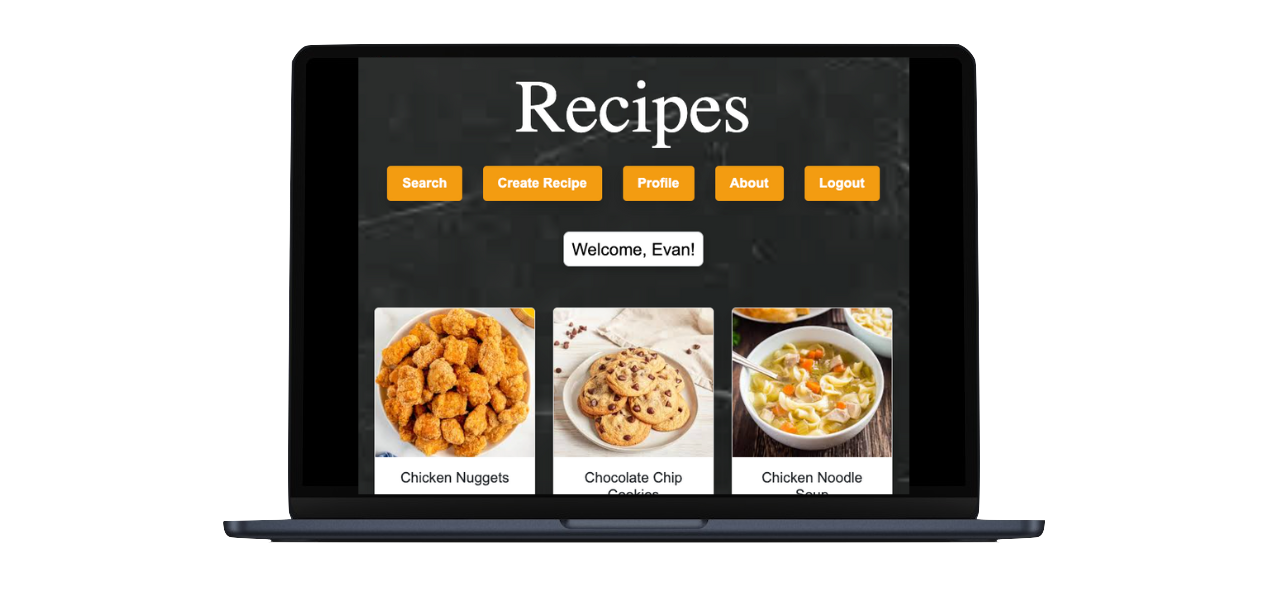
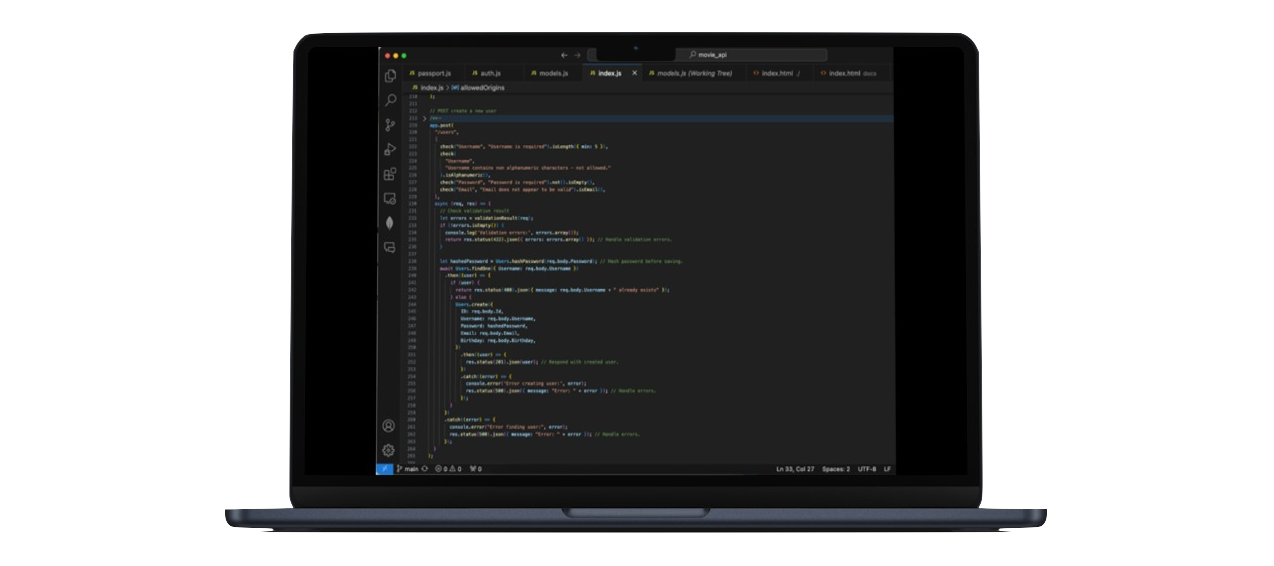
Try out the BiteBase application here or take a look at my code on GitHub here.
BiteBase is a Django-powered web app where users can create, edit, and manage recipes. They can save details like name, cooking time, ingredients, and an optional image. The app automatically calculates difficulty based on input values.
It also includes user authentication (signup, login, logout), a custom search form (filter by name or ingredient), and dynamic data visualization to track recipe trends. Each user has a profile page with basic account details and the option to delete their account.
The purpose of creating BiteBase was to showcase my Django and frontend skills while creating a fully-functional and user-friendly application. While the goal wasn't to necessarily solve a real-world problem, it demonstrates my ability to structure, develop, and style a full-stack web application that follows best practices and industry standards.
📅 Duration: The development of BiteBase took two months to develop.
Before transitioning to Django, I previously developed a command-line version of the BiteBase application. The transition to Django allowed me to expand its functionality and implement a complete web-based interface.
I served as the lead (and sole) full-stack developer for every aspect of BiteBase. Throughout the project, I was responsible for planning, designing, and implementing both the backend and frontend components. To progress through each stage, I required approval from my dedicated course mentor, who provided feedback but did not directly guide the development process.
Lead Developer: Evan Danowitz
Mentor: Alfredo Salazar Vélez
🖥 Backend: Django web framework, Python
🎨 Frontend: HTML5, CSS3, Bootstrap, JavaScript
📊 Database: SQLite (development), PostgreSQL (production)
🚀 Hosting & Deployment: Heroku
🔗 Version Control: Git, GitHub
.png)







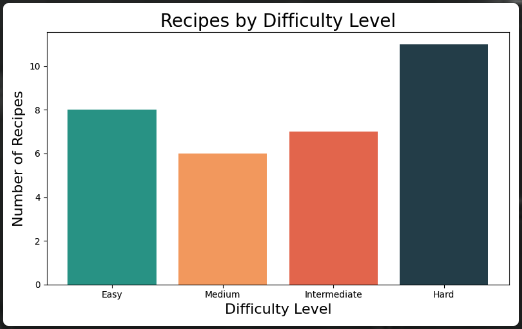

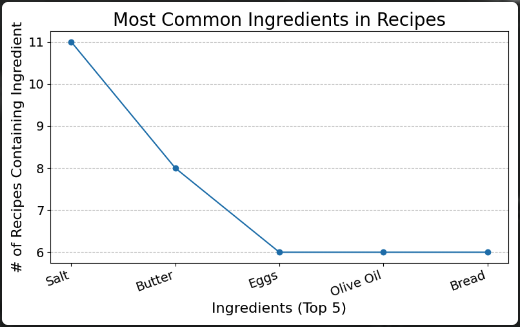

Managing code between multiple repositories was initially confusing, especially when merging changes and pushing updates to the final recipe-app repository. Through practice, I became more comfortable with Git workflows.
Initially, I struggled with when to activate, use, and manage virtual environments Repeated practice helped solidify this.
Determining what to test and how to structure test coverage was overwhelming. A lot that came from trying to ensure that I don't miss anything and cover all bases. Breaking tests into models, views, forms, and templates made it more manageable.
If a user deleted a recipe and clicked back in the browser, they would see a cached version that no longer existed, causing the app to break. The solution was to redirect users to the recipes list upon successful deletion to prevent navigation errors.
The live Heroku version of the application could not handle image uploads like the local app could. After research and testing, I implemented Cloudinary as an image hosting solution for BiteBase.
Some Heroku deployment guides were outdated, requiring additional research to troubleshoot missing steps.

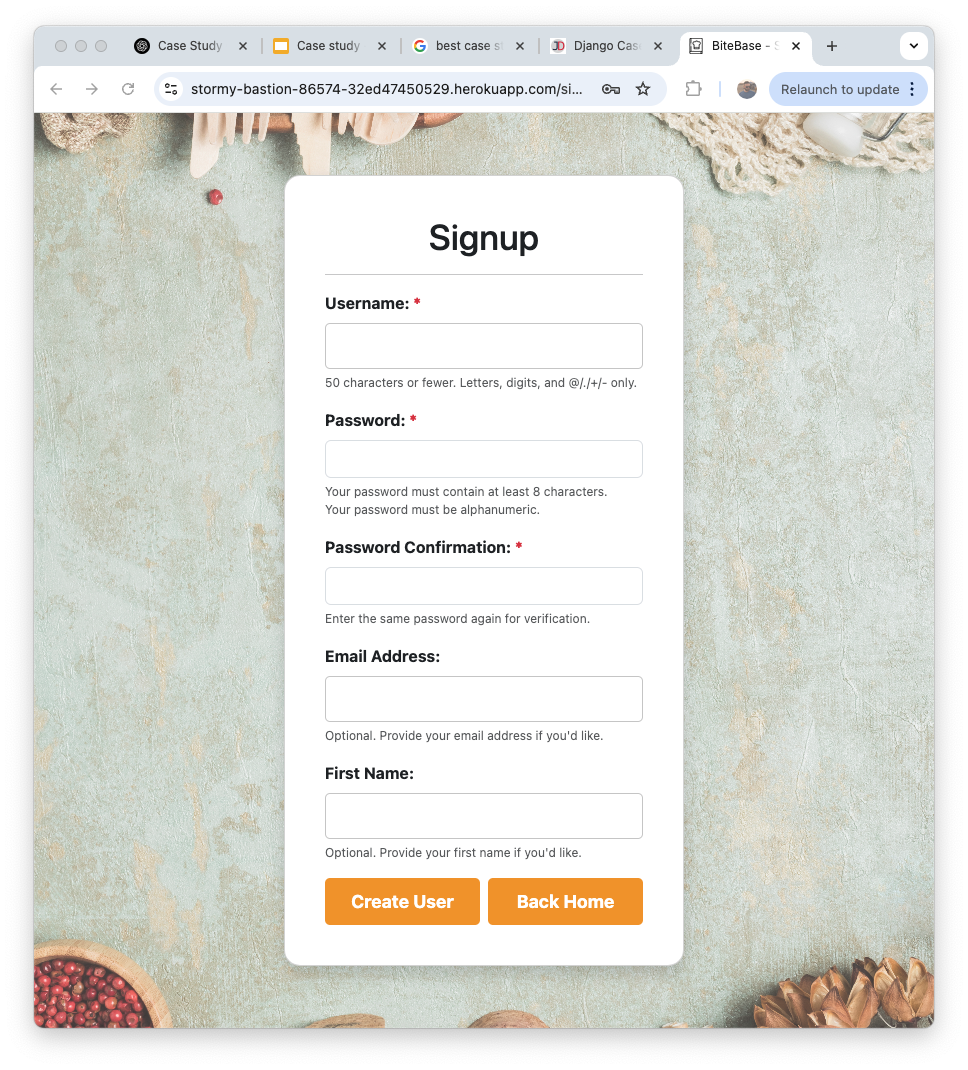
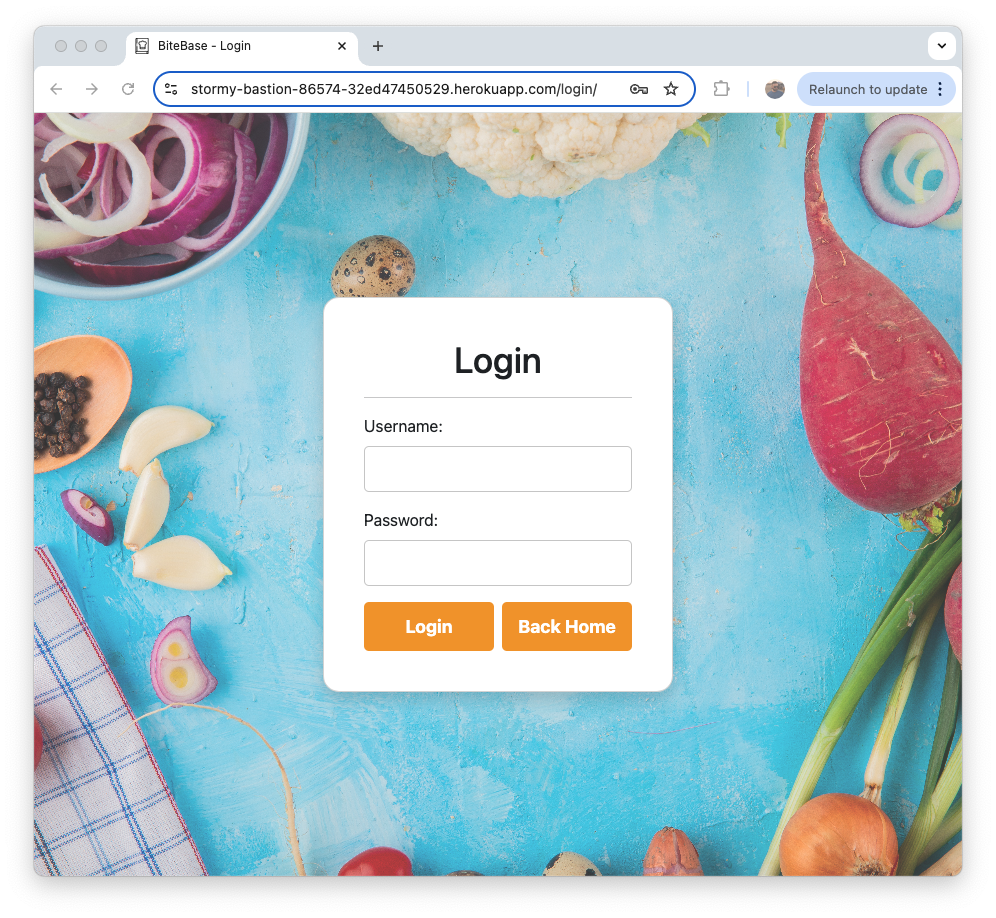
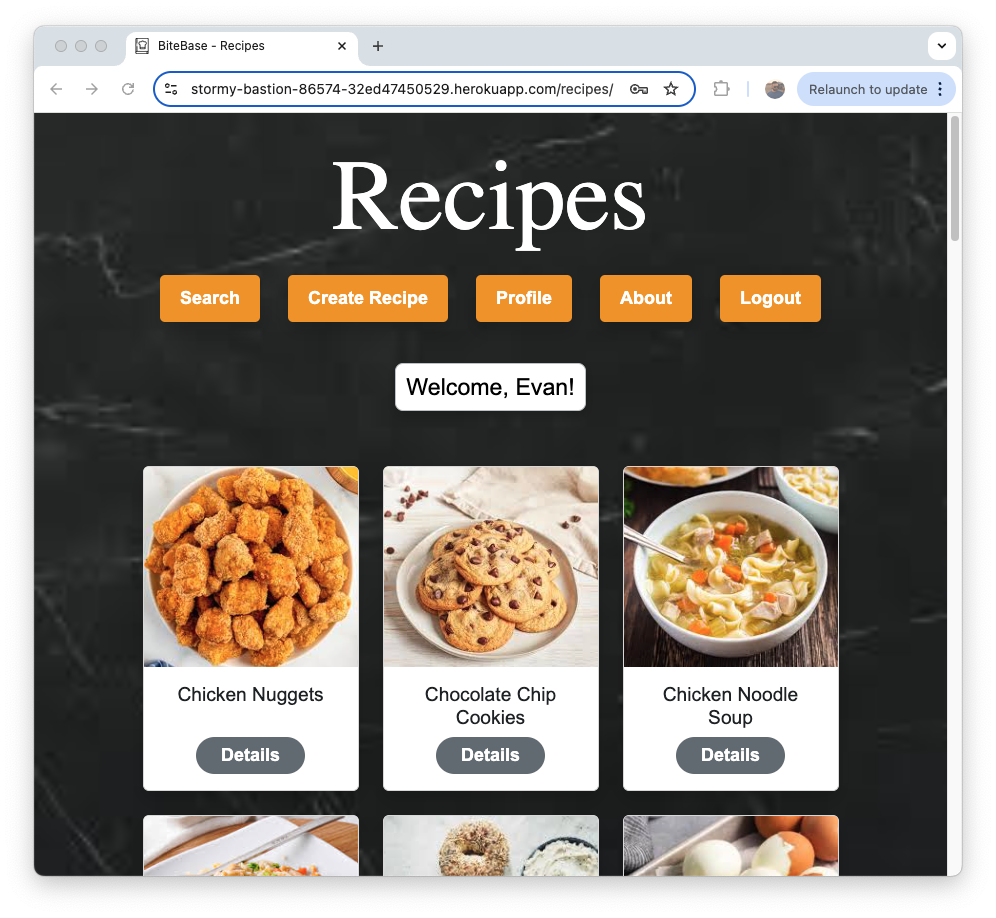
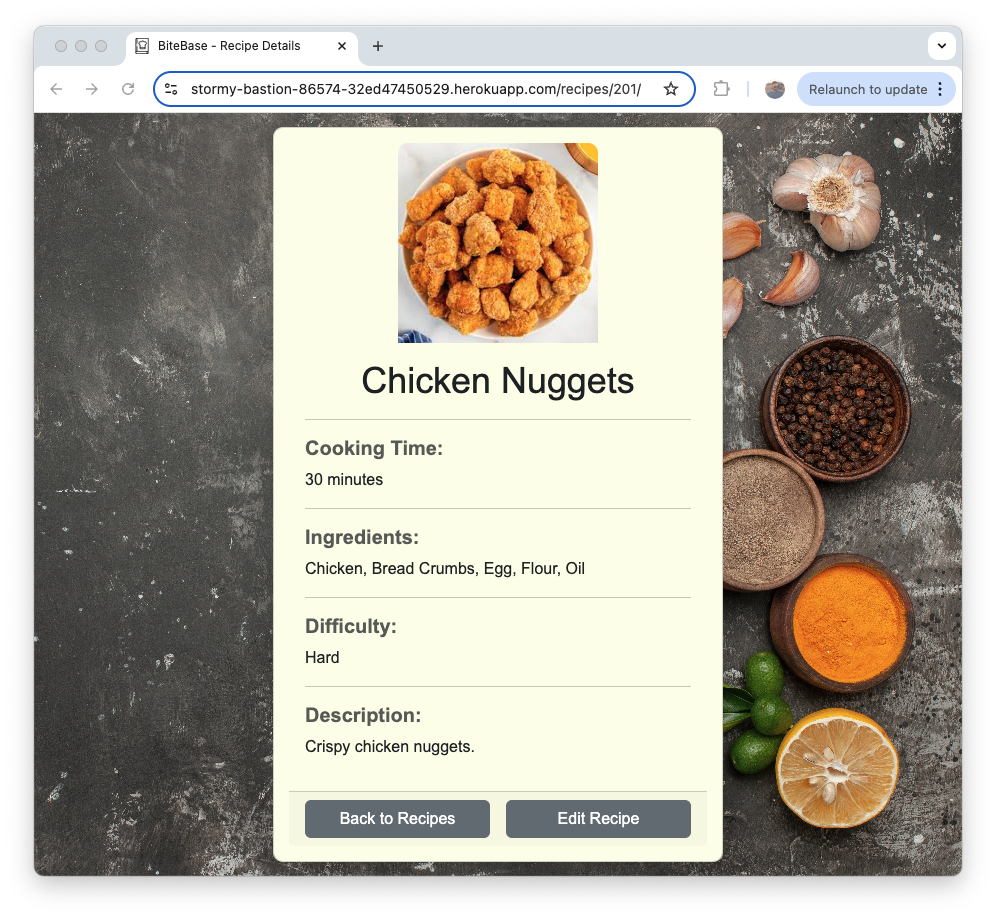
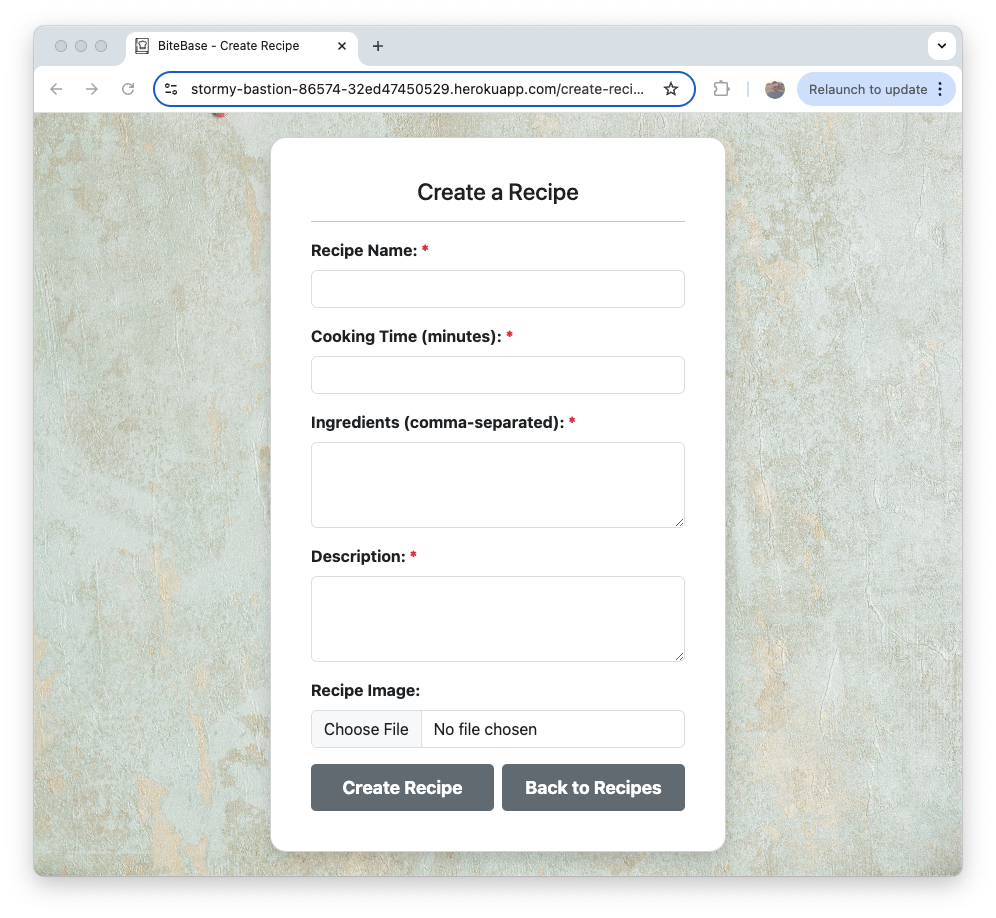
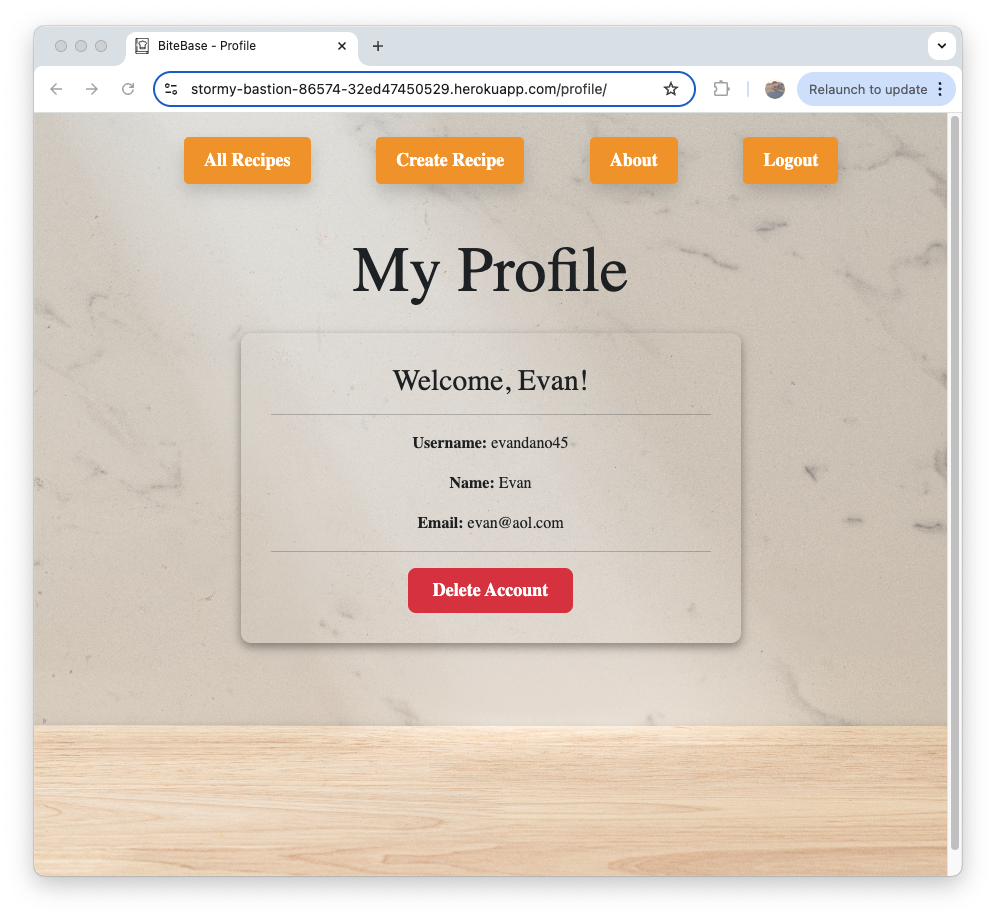
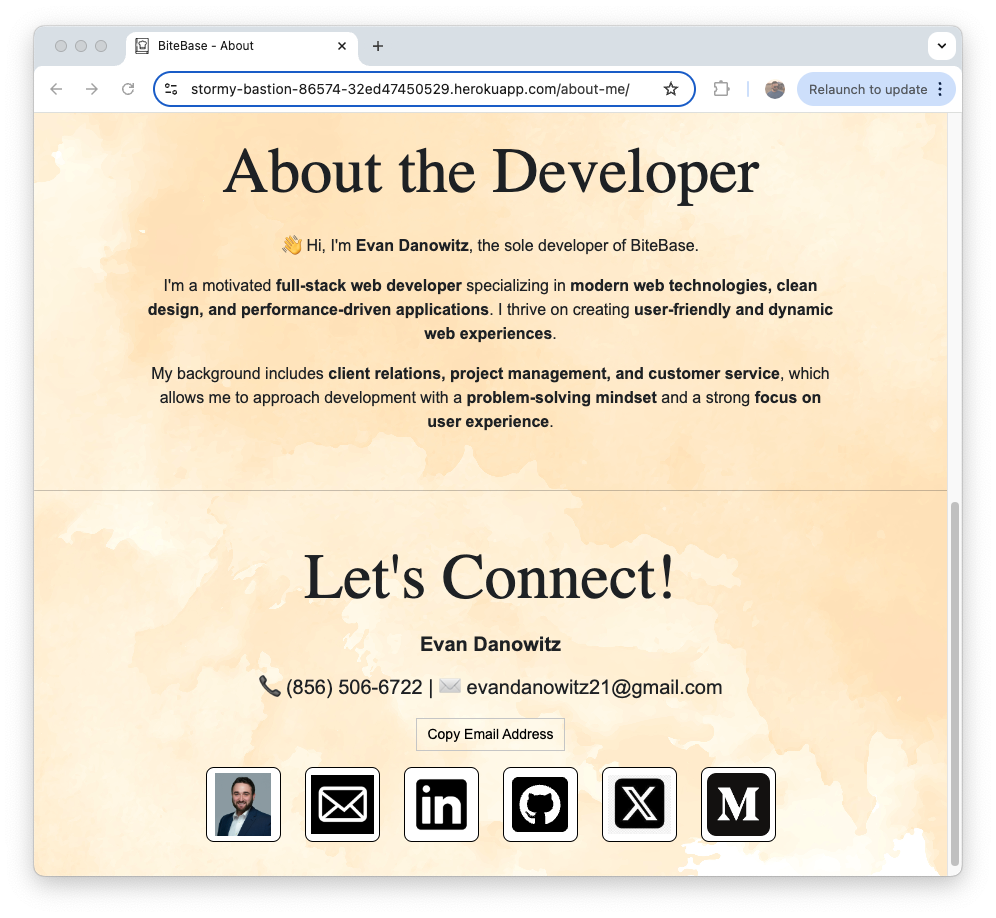
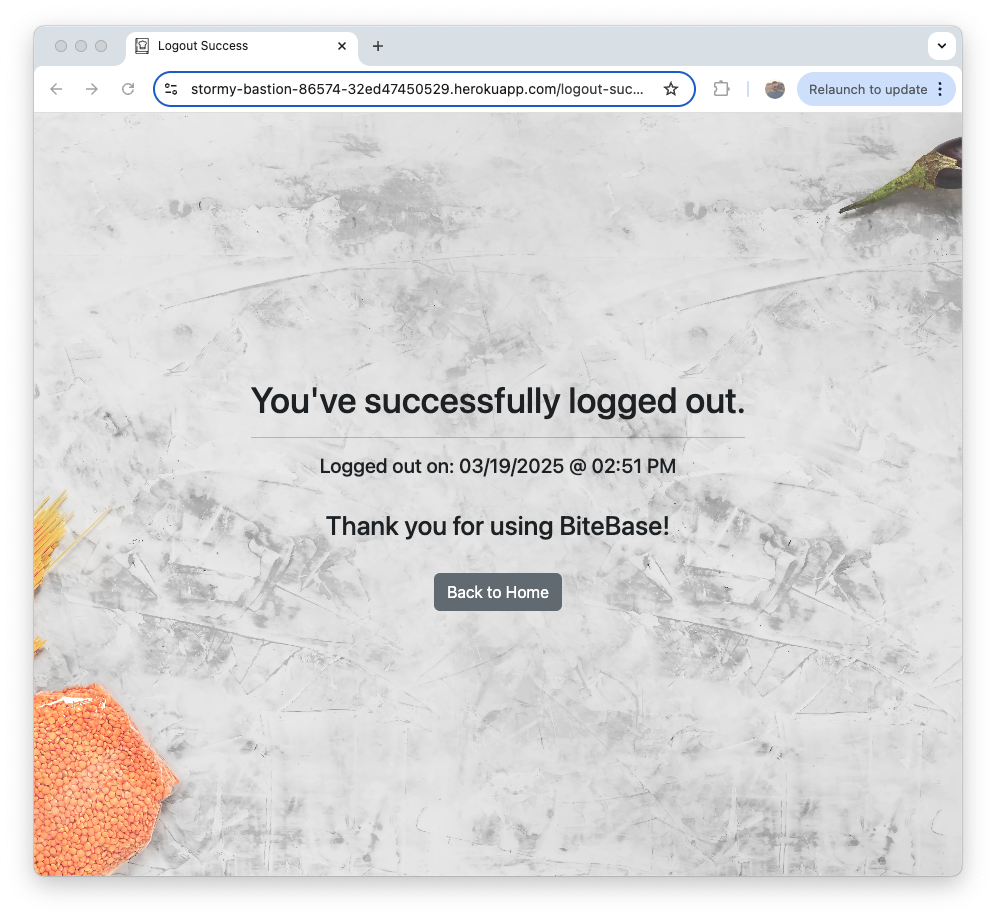
One of my biggest takeaways was how Django simplifies complex backend functionality, truly allowing for developers to focus more on application logic and what matters most–the users.
While BiteBase is fully functional in its current state, I have several ideas for future improvements:
Building BiteBase was a valuable learning experience, reinforcing my knowledge of Django, database management, user authentication, and frontend development.
This project not only showcases my technical skills but also highlights my problem-solving abilities and adaptability in overcoming challenges across all aspects of the development process.